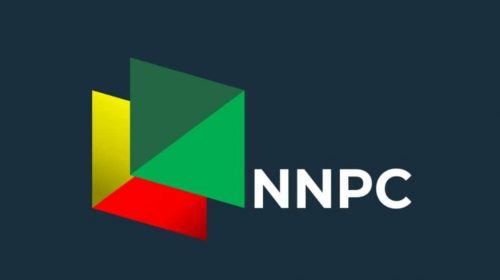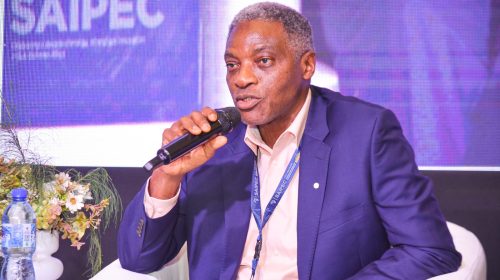Probing failure of FG’s Greenfield Crude Oil Refineries in Nigeria

By Ngozi Onyeakusi
In the light of NNPC’s proposal to construct two 100,000 bpdgreenfield refineries in Delta and Imo States, BudgIT, a civic technology organization at the forefront of raising the standards of transparency, citizen engagement andaccountability, has asked the Federal Government to first do a root cause analysis on the abandonment of Nigeria’s greenfield refineries earlier announced for Kogi, Bayelsa, and Lagos States for which feasibility studies had already been fully paid for and completed.
According to Gabriel Okeowo, BudgIT’s Principal Lead, “It is wrong for any government institution to tease citizens with announcements for greenfield crude oil refineries, award huge sums for feasibility studies, abandon the project when it’s time for construction, then repeat the cycle in another state. What guarantees do citizens have that taxpayers’ money earmarked for the refineries in Imo and Delta state will not suffer the same fate as those spent on Kogi and Bayelsa States? What are the lessons learnt from Kogi, Bayelsa, and Lagos greenfield projects? Can these lessons be made public?”
NNPC exports a large portion of the 445,000bpd of crude oil allocated to domestic refineries through Crude Oil Lifting contracts (COL) largely due to (1.) NNPC’s inability to make existing refineries work – despite monies spent on turn around maintenance, and (2.) the failure of NNPC’s new, greenfield refineries to see light of the day – despite monies spent on them.
In the past, NNPC has been accused of carrying out its export of unused Domestic Crude Allocation (DCA) through politically-connected middlemen – many of whom do not have adequate capacity to handle the volume of crude oil in their Crude Oil Lifting contracts but simply extract rent and pass the contract on to those who do. The Minister of State for Petroleum Resources, Dr Ibe Kachikwu had previously promised to cut out the rent-seeking middle men in the award of Crude Oil Lifting contracts and also to cut down the number of contractors to sixteen (16) when he was the GMD for NNPC.
According to Mr. Okeowo, “At the inception of this administration, the government made some effort to cut out middlemen in the award of Crude Oil Lifting (COL) contracts. We observed a drop in the number of COL contractors from about 43 in 2014 to 27 in 2015 and then to 21 in 2016. However, their numbers grew to 39 in 2017 and to 50 in 2018. Citizens need to pay close attention especially as a part of the Diezani scandal was rooted in the activities of some briefcase companies who got Crude Oil Lifting (COL) contracts.”
BudgIT calls on citizens, civil societies, journalists, and media influencers to #AskQuestions about Nigeria’s greenfield refineries every step of the way. BudgIT also calls on NNPC to do a weekly or monthly briefing to citizens specifically on progress and challenges of its greenfield projects as failure of greenfield refineries to see the light of day opens up many complex loopholes for corruption in the long term.
BudgIT will not fail to commend NNPC for publishing its monthly Financial and Operations Report online since the inception of this administration. Such monthly reporting is worthy of emulation by other government agencies in the sector. However, we’d like to call on NNPC’s management to reduce the time lag involved in making these reports available. As at October 30th, its report for the last four months (June – September) are not yet available online.
BudgIT calls on all political parties not to weaponize data concerning the oil and gas industry in the run up to May 2019 elections, but use data as a tool for dialogue to seek long lasting reforms. Many problems in the oil and gas sector are complex in nature and have defied solutions across multiple governments. To be blind to this reality is to walk unprotected into a clouded minefield set up by vested interests that have defied multiple administrations. Let’s focus on the real issues. #StayWoke and #AskQuestions.







Leave a Reply